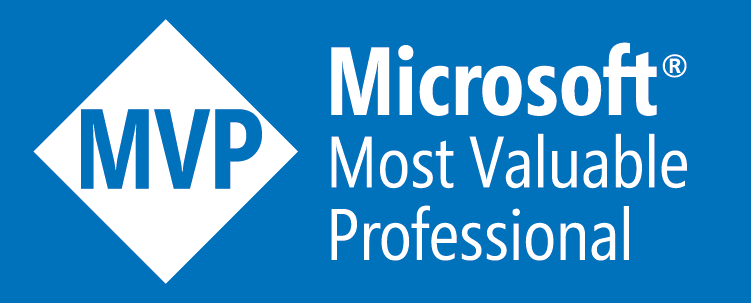Self Motivation: Specialist or Generalist
Which is the so called right path? Or are they both paths to take?
Have touched on this a couple
of times in other blogs but with the current state of the IT market it seems
perfect to write something about it.
So which is the better path or your preferred style of skill set harnessing? Is
it being a Specialist on a specific technology area? Or would it be better as a
generalist being equally well rounded on everything? We should explore this
further.
What my background was
So to divulge on my background I had been an IT generalist from the beginning
of my career up until about it 2011/2012 so about 5 or 6 years.
I never actually made a choice as to which way I was going to choose in terms
of taking specific technologies under my wing . And with a newbie hunger you
want to see everything that's around and of course newer technologies which
show gave should have you even more eager to want to learn them.
I think that before you have any form of specialization, you need to have a
solid foundation first before you can actually find yourself and know exactly
what your specialty is. In order for you to obtain a solid foundation I believe
you need to be a generalist first as I was.
How did you stumble across your specialty
Centralized management technologies seemed to always intrigue me the most, and
this came from when I use to have (still have) an insanely large music library
which I had always meticulously categorized and kept up to date. So when I
first came across the System Centre Technologies it was an instant click.
The first ones I got two grips with was SCOM (System Centre Operations Manager)
2007 and SCVMM (System Centre Virtual Machine Manager) 2008. Two different
technologies in their own right but in the same family suite
You will find that system Centre technologies are actually finding themselves
in every single role as a default requirement, and majority of them being a
desired skill
Specialist in being a Generalist?
I literally just thought of this. Is it possible to actually be a Specialist in
being a generalist? Let's look at it like this.
My background is an Architect/SME on the entire System Centre Suite
• SCCM
• SCOM
• SCVMM
• SCSM
• Orchestrator
• SCDPM
So when it comes to any roles which evolve around these then assume these would
be perfect roles for me.
But here is where the point I made about having a solid foundation comes full
circle again.
Because though I specialize on those technologies, they have an integration
(whether out of the box or not) to every single technology on which I used to
be a generalist on!
So I've now in some kind of way branched out to being a generalist....but with
the reach of my specialist skills.
So much now to the point I can write in multiple scripting and developer
languages as well as SQL writing and this allows me to leverage the powerhouses
which I specialize in into even bigger beasts and this is me really in my
element of creativity.
So now DevOps type of working has now been adopted into my skill set.
Not a choice but a hierarchical movement
I always thought that there was a choice that had to be made between both
whether it be the argument of being a generalist was being a "Jack of all
trades, but master of none" or that being a Specialist would be limiting
yourself to where it can become more difficult for you to obtain a new role,
restricted career development or limiting your exposure.
But I combination of both can allow you to find yourself, as I did.
What if I never find a specialization
This is where your self motivation kicks in. As you could be in a position
where you specifically might not be given a shot or thrown in the mix to absorb
new knowledge, so if you are seeking something that will take you interest
further, or you have seen something that you like or even seen a colleague that
is doing something you are interested in, don't be afraid to ask questions and
research.
Invest in your own lab and get to grips with it more , and build a profile
around it so you can not only prove something to yourself but also flex what
you are made of.








